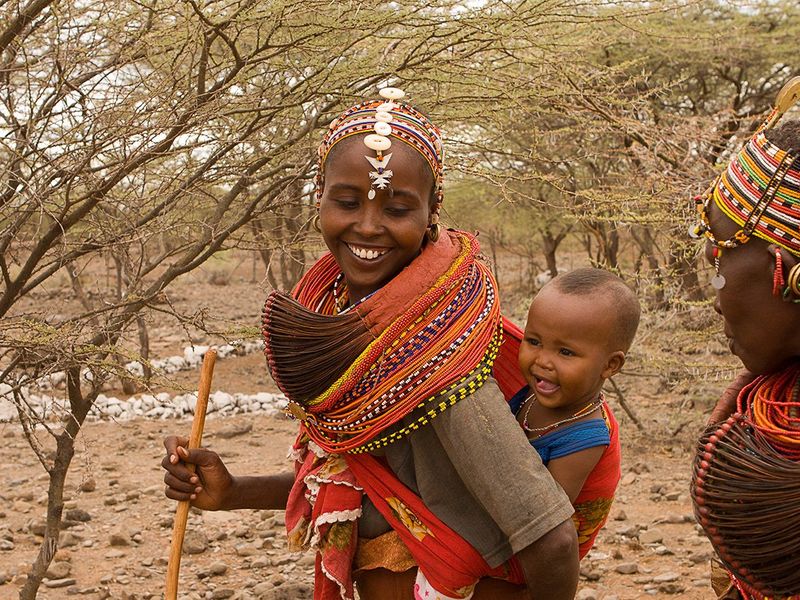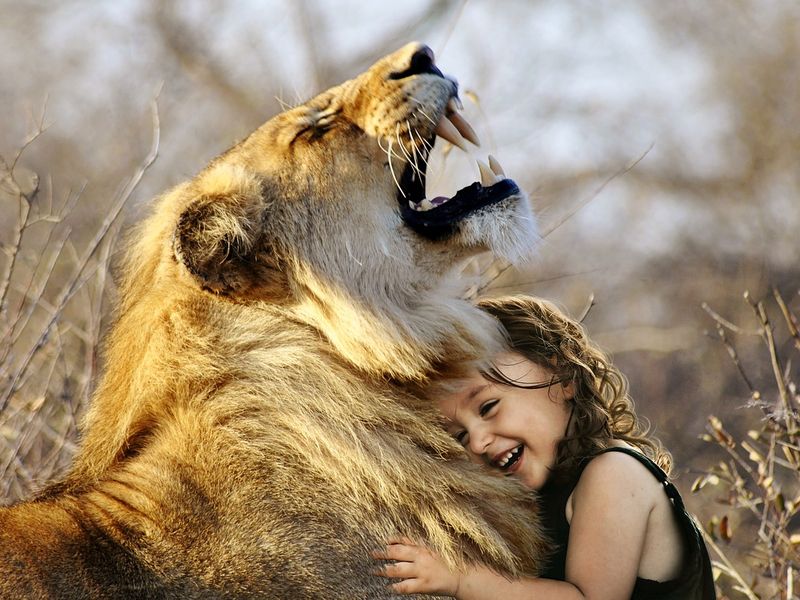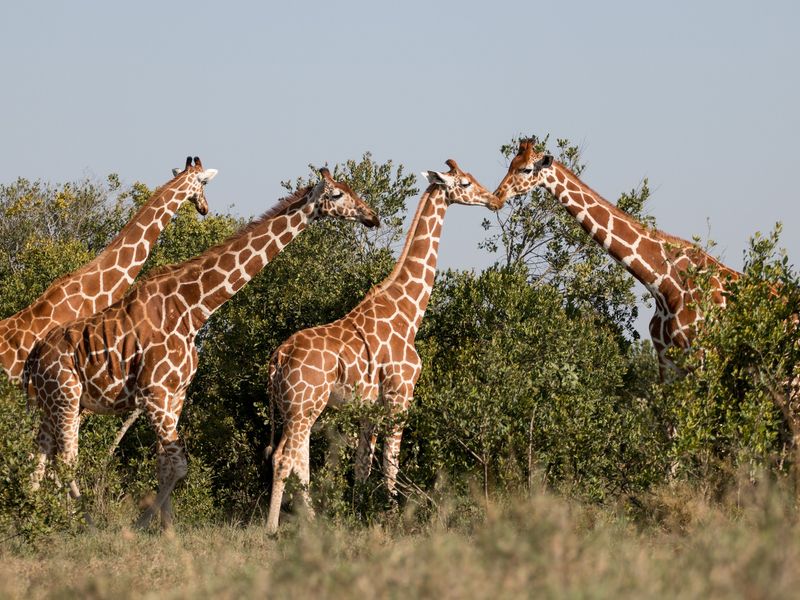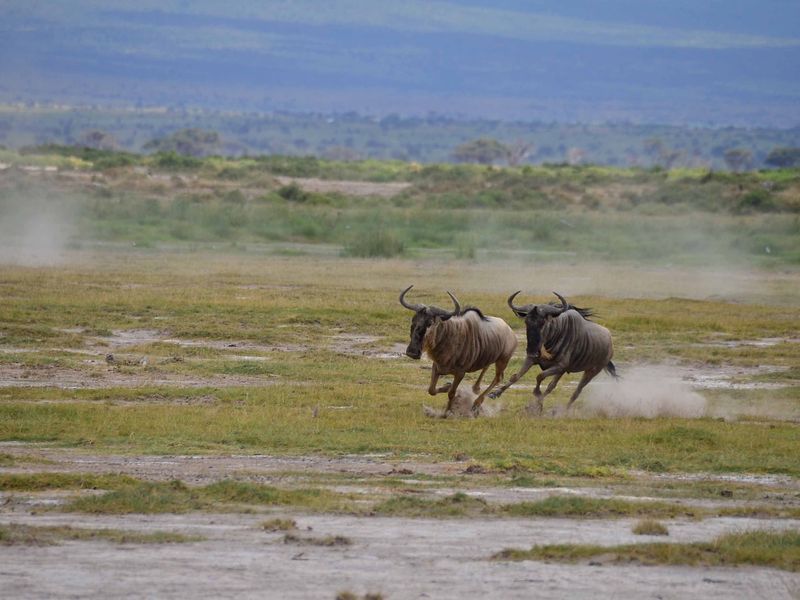“There are no strangers here; Only friends you haven’t yet met.” – William Butler Yeats

Image Credit: Hospitour Kenya
“Mait az chiip” …loosely translated to ‘may as well’ is a phrase commonly used in Jamaica and is something you want to keep in mind when the locals try to get you to join the party. You could also try “Bos out” which means lose inhibitions in the same region.
Everywhere you go there are common phrases used by the locals that make you sound easy going and ready to get along with people. In the English speaking world, you will probably use phrases like:
- How is it going?
- Wanna hang?
- What’s up?
- What’s going on?
- How are you guys doing?
You know, the little things people say that have quickly become common place salutations. They sound laid back and friendly. Using them makes you sound like someone who isn’t stuck up and is always up for making a new friend. Which is something you want when you visit a new country. After all, isn’t that a big part of why we travel? To see, meet and interact with new and interestingly different people?
Hakuna Matata (1)

Thanks to the epic animation that was the Lion King, nearly the entire world is familiar with the phrase ‘Hakuna Matata’ , loosely translated as ‘No Worries’.
You can bet your bottom dollar that anyone flying into Kenya will have this phrase memorised and will try to use it at one point or another during their visit.
While ‘Hakuna Matata’ is an easy way to say that you are ‘down with whatever’, the truth is that it is not very commonly used in the local lingo! We know….the horror!
‘Hakuna Matata’ is proper Swahili and most Kenyan’s do not speak proper Swahili. They understand it…they just don’t speak it as much.
We have something called ‘sheng’ here which is very much an amalgamation of all the 68 different languages melted and fused into one language with Swahili and English as the core.
If you are bent on saying ‘Hakuna Matata’ do not let us stop you but if you want to sound a bit more like the locals then you want to say:
‘Haina Noma'(2)
It’s the same thing as ‘Hakuna Matata’ only it is a bit more relaxed and common place. So if anyone asks you if you have no problem with attending some party in the middle of the week and you feel up for it then you can say ‘Haina Noma’ – ‘no problem’.
Common phrases that will help you make friends in Kenya

Image Credit: David Yarrow
Let’s start with salutations. There are soooooooooo many ways you can greet people in Kenya and the variations depend on the kind of crowd you are addressing. The elderly should be accorded the respect they deserve and as such should be addressed with the customary:
- ‘Jambo’ (3) – Hello?
- ‘Habari’ (4) – Hello or how are you?
You could also just greet them in English or gently wave while slightly bowing your head. It’s a show of respect as well as a form of greeting.
What about the young folk?
This is the easiest group to get along with when you come to Kenya. These people speak almost every language imaginable but don’t go jumping into your French prowess just yet. Try out some of these ‘Sheng’ greetings first:
- ‘Vipi’ (5) – How is it?
- ‘Niaje’ (6) – How is it going?
- ‘Uko fiti?’ (7) – Are you alright?
They will most likely answer with the terms ‘poa’ (cool) (8) or ‘freshi’ (all is well) (9). These salutations immediately put everyone at ease and get them more inclined towards hearing what you have to say or helping you figure out how to say a few things in the local lingo.

Image Credit: @NajivuniaUkenya
Maybe just stick to proper Swahili
The thing about sheng is this: every hood or region has its own variation. Heck, every clique or band of friends have their own variation of the language. While most of these people will probably understand around 80% of what everyone is saying despite being from different regions, as a foreigner who doesn’t speak fluent Swahili nor any of the local languages, you will be lost and in the water if you try to understand every phrase of sheng wherever you go.
Common phrases around the country
That is why you need to try and stick to proper Swahili or maybe just English…almost the entire country speaks it anyway. That being said, there are some common phrases that you can use as you travel around the country from Mombasa to Turkana and back:
- ‘Habari Rafiki’ or ‘Habari Ndugu/Dada’ (10) – How are you doing friend or how are you doing brother/sister?
- ‘Unaitwa nani’ (11) – What’s your name?
- ‘Jina langu ni (12)…’ – My name is…
- ‘Asante’ (13) – Thank you.
- ‘Hapana, asante’ (14) – No thanks.
- ‘Nataka kuenda. (15)..’ – I want to go to … (insert name of destination here)
- ‘Nipe beer baridi’ (16) – Get me a cold beer (You would have to be specific about the brand…we have all types here; well, in the cities and towns. The most common is the local beer ‘Tusker’ so you would say ‘ Nipe Tusker baridi’ – Get me a cold Tusker’)
- ‘Nyama choma na Ugali’ (17) – Barbecued meat with Ugali – the local maize meal around here. They’ll probably ask you if you want ‘Kachumbari’ with that…Kachumbari is the local salad made of tomatoes, onions, coriander and chilli peppers…it’s really good. You probably want some kachumbari with that nyama choma.
- ‘Lala Salama’ (18) – Good night or sleep well
- ‘Maji ya kunywa’ (19)– drinking water. So if you want to say ‘get me a bottle of cold drinking water’ you would say ‘nipe maji baridi ya kunywa’.

Image Credit: YOLOing Adventures and Tours
The thing about these phrases is that they are pronounced exactly the way they are written. That is why Swahili is such a beautiful and easy language to learn. The trick is to say everything with a smile. That way, even if you mangle it up, whoever you are talking to will be more than willing to work with you to understand what it is you are trying to say.
Remember, English is well understood in like 90% of the country so don’t be shy about asking for direct translations from English. Otherwise, just have fun with it and try to learn as much as you can, cool? Cool! Hakuna Matata (pronounced: Haina Noma!)
Do you have any phrases you would like translated to the local lingo? Share them with us in the comment section below.